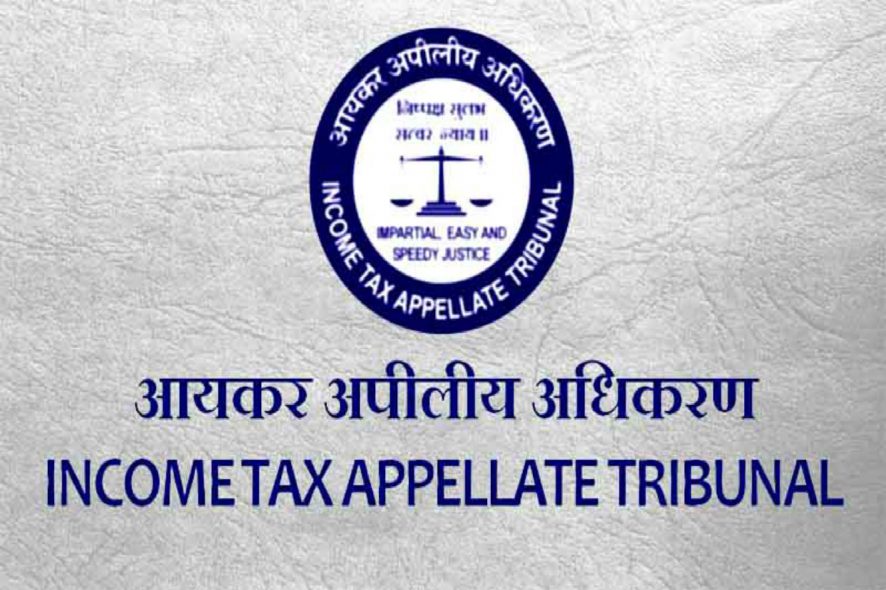Income Tax Appellate Tribunal, Bangalore Benches (ITAT): The Bench of Chandra Poojari, AM and George George K, JM while partly allowing an appeal held that the lessee not being the exclusive owner of a property is eligible to claim actual rental expenses in the return of income.
Factual Matrix
The assessee in the present matter was stated to be registered as a 100% Export Oriented Unit and also registered under the Software Technology Park of India (STPI).
After the scrutiny and assessment under Section 143(3) read with Section 92CA of the Income Tax Act, the total income was determined at Rs 35,44,70,726. One of the additions made by the A.O. was Rs 79,27,497 on account of foreign exchange loss.
The A.O. held that the restatement of Export Earners Foreign Currency (EEFC) account is in the nature of capital item and hence cannot be allowed. He further held that the amount of Rs.79,27,497 is a notional loss.
On being aggrieved with the above, the assessee filed an appeal before the first appellate authority, which confirmed the additions made by the A.O. and held that the loss on account of fluctuation in foreign exchange can be adjusted at the time of making payment but not on notional basis.
Aggrieved with the order of CIT(A), the assessee approached this tribunal.
Analysis, Discussion and Decision
Tribunal expressed that, as per the mercantile system of accounting followed by the assessee, the foreign exchange loss arising on account of restatement of EEFC account cannot by any stretch of imagination be termed as notional or contingent in nature.
It was noted that the EEFC account was maintained by the assessee to facilitate regular business operation and not for acquiring any asset.
Noting that, the transaction in EEFC account undertaken during the year were trading nature in order to facilitate the regular business operation of the assessee-company, Tribunal held that the AO erred in making an addition of Rs 79,27,497 to the income returned and the CIT(A) was not justified in sustaining the same.
In view of the above reasoning, the addition by A.O. was deleted.
Ground 2
Background
The assessee had paid a sum of Rs 2,36,70,370 to First Lease Company India Limited towards equipment leasing. Out of Rs 2,36,70,317, the principal repayment of Rs 1,77,95,992, the interest and VAT aggregated to Rs 58,74,325. The assessee had claimed Rs 2,36,70,317 as a deduction. The A.O. in the impugned order held that the sum of Rs 1,77,95,992 (i.e. Rs 2,36,70,317 – Rs 58,74,325), which was paid towards principal as an expenditure of capital in nature and accordingly added back to the returned income.
The above was preferred for an appeal before CIT(A), and it was directed to the A.O. to verify whether there was a violation of TDS provisions under Section 194-I of the I.T. Act and to make necessary disallowance under Section 40(a)(ia) of the I.T. Act. Further, the CIT(A) directed the A.O. to verify whether the assessee had claimed depreciation on the leased asset and if so, add back the same to the total income.
Aggrieved with the above, the present appeal was filed.
It was noted that as per clause 4 of the agreement between the assessee and the First Leasing (lessor) the asset shall remain the exclusive property of the lessor at all times and the lessee during the lease time cannot capitalize the assets in its books of account since the ownership of the asset was with the lessor.
As per clause 19 of the said agreement, the assessee company (lessee) shall surrender the leased assets to First Leasing in good condition and working order on the expiration of the agreement.
It was clear that the actual owner of the leased asset was the lessor and was entitled to claim depreciation.
The assessee-company has merely taken the assets on lease from the owner, and it is accordingly eligible to claim actual rental expenses in the return of income.
Tribunal upheld the direction of CIT(A) on verifying whether there was TDS made by the assessee while making payment for lease rentals and adding back the depreciation claim.
In view of the above discussion, the appeal was partly allowed. [ThoughtWorks Technologies (India)(P) Ltd. v. Deputy Commr. Of Income Tax, 2022 SCC OnLine ITAT 33, decided on 4-1-2022]







